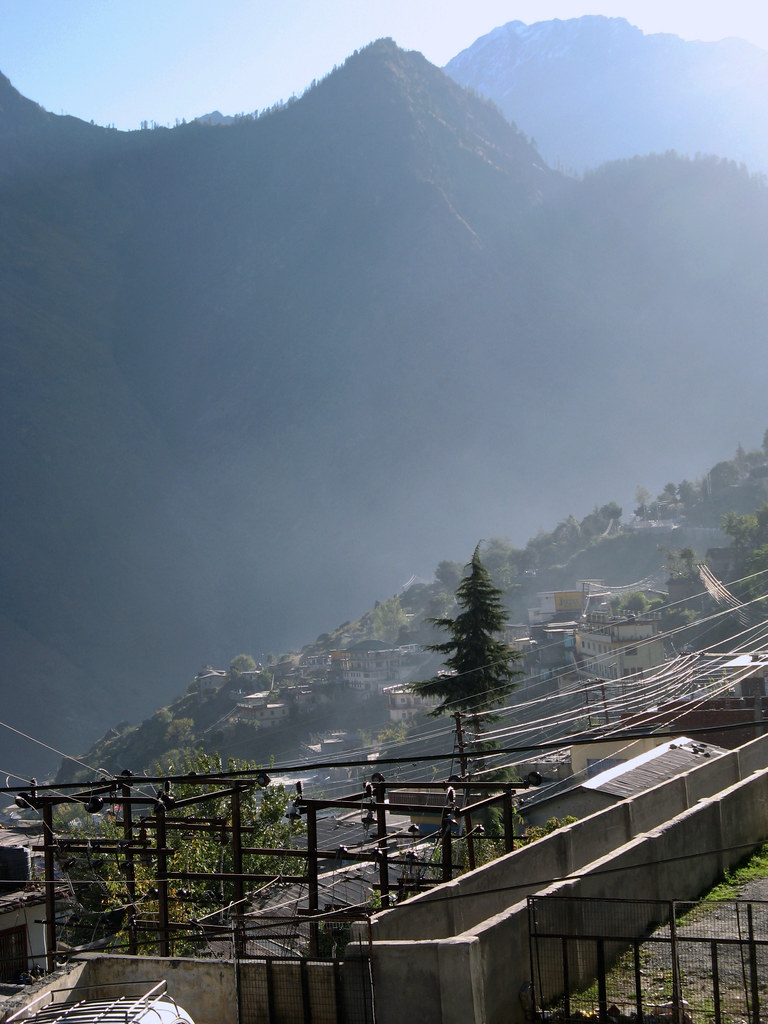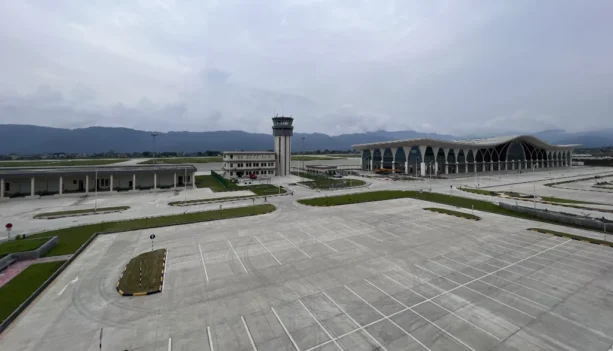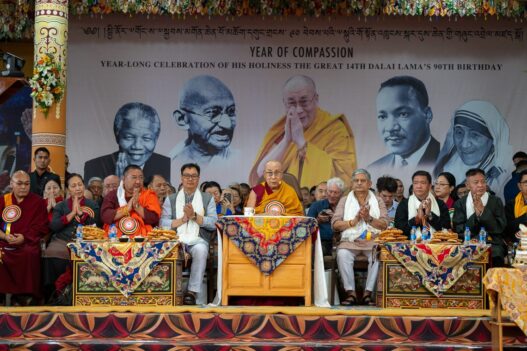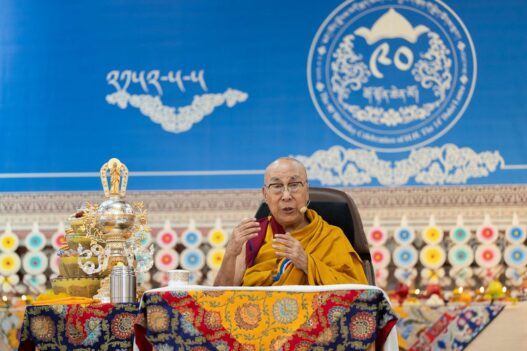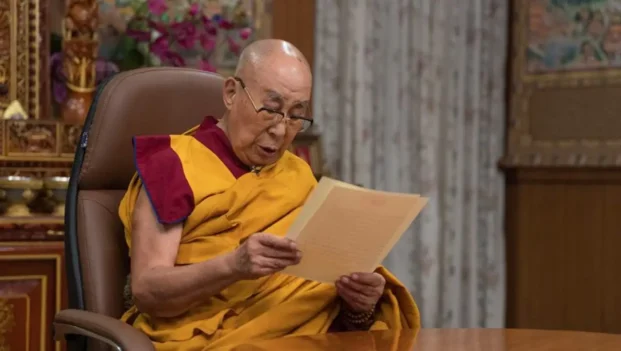The administration in Uttarakhand is relocating residents from the town of Joshimath to safer locations, and the Indian Army has been notified to be prepared. This is in addition to the National Disaster Relief Force and State Disaster Relief Force teams that are already on the scene. For the past two weeks, there has been a significant sinking of the land in the town, causing cracks in buildings. According to reports, the Army has been placed on “standby.”
The town of Joshimath is situated approximately 100 kilometers from the border with China and has a significant presence of the Indo-Tibetan Border Police. Some sources have suggested that the use of “silent explosives” by construction workers may have contributed to the problem. They say that these cracks seen on the ground are lined up in an arc, moving from north to south, and that the water coming out of the cracks is dirty. “The major cracks have gradually appeared in the last 15 days but it had begun after the flash floods in Raini Village of Chamoli district in February 2021,” they added.
The town of Joshimath is located in an ecologically fragile area that is built on moraine, material left behind by glaciers. According to experts, poor town planning and construction activities have caused the current crisis. There have been calls for the complete halt of the NTPC’s Tapovan-Vishnugad project and the construction of the Helang-Marwari bypass as these are believed to be contributing factors to the issue by the local organization named Joshimath Bachao Sangharsh Samiti.
The government has formed three zones, including the danger zone where immediate evacuation is necessary, the buffer zone where it may become unsafe soon, and the safe zone. A team from Central Building Research Institute arrived in Joshimath to assess the damages caused to buildings for compensation, as reported by ANI. The news of the Indian Army being placed on standby comes on the same day as when environmentalist Chandi Prasad Bhatt, associated with the Chipko Movement, was quoted as saying that a report submitted to the Uttarakhand government in 2001 had warned of potential risks.
Source: The New Indian Express

